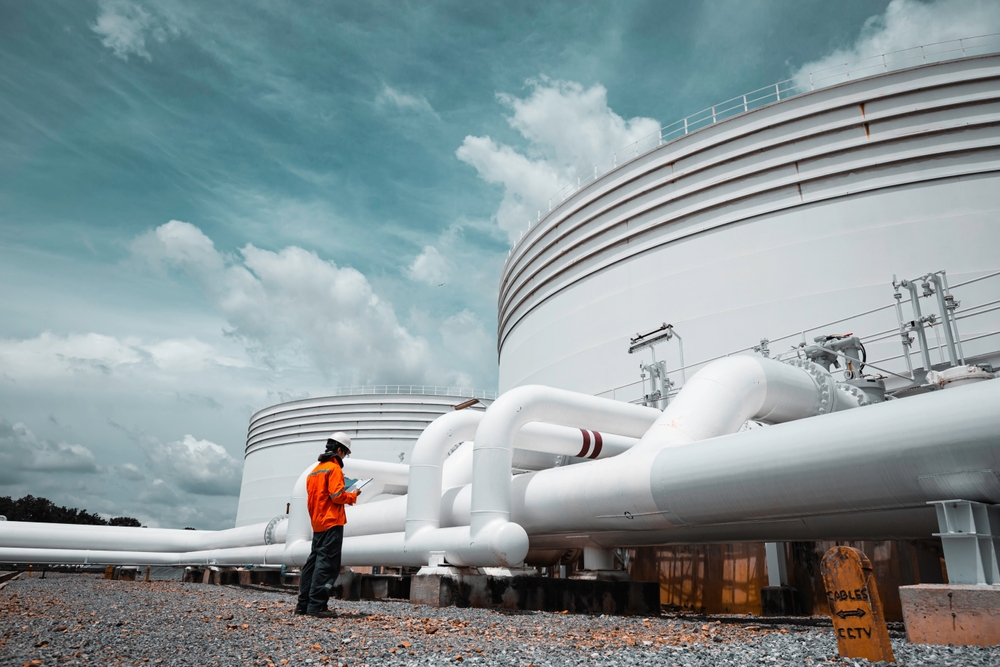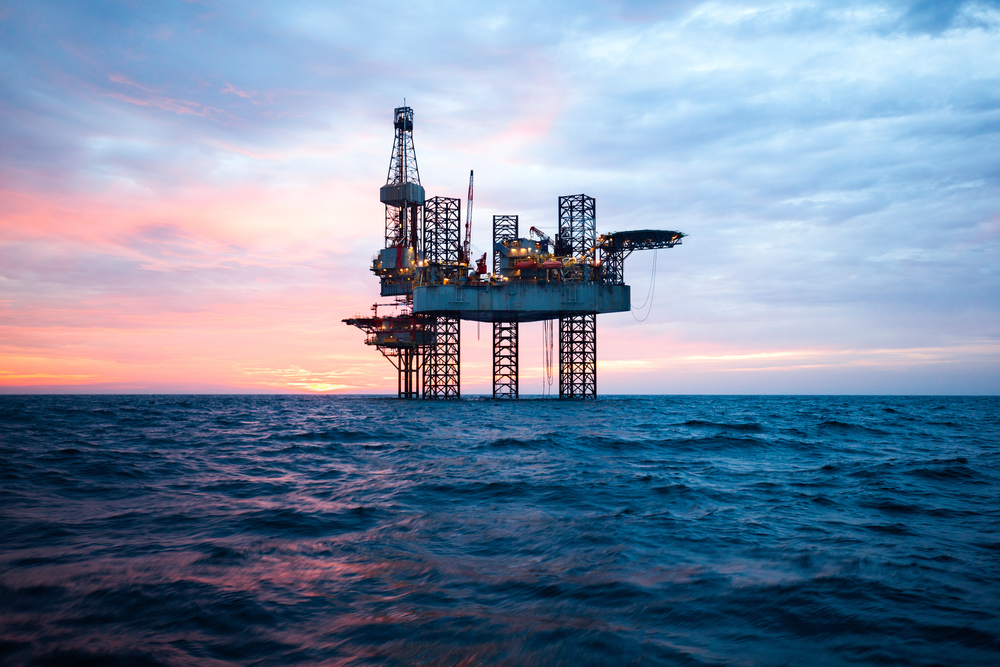

This course is dedicated to studying the construction and functioning of the Floating Storage Regasification Units (FSRU), including but not limited to the design, installation, and operational challenges. Course participants will consider the role of the FSRUs in the LNG supply chains, the procedures for regasification and their safe and effective performance in offshore conditions.
| City | Start Date | End Date | Fees | Register | Enquire | Download |
|---|---|---|---|---|---|---|
| Paris | 30-06-2025 | 11-07-2025 | 9950 $ | Register | Enquire | |
| Casablanca | 04-08-2025 | 15-08-2025 | 8950 $ | Register | Enquire | |
| Istanbul | 08-09-2025 | 19-09-2025 | 8950 $ | Register | Enquire | |
| Manama | 13-10-2025 | 24-10-2025 | 7000 $ | Register | Enquire | |
| Dubai | 17-11-2025 | 28-11-2025 | 7000 $ | Register | Enquire |
This course on FSRU project development and operation provides a detailed overview of the vertical construction history of Floating Storage and Regasification Units (FSRUs) and their significance in the gas industry. The introduction of FSRUs has revolutionized the LNG business by offering viable, convenient, and economical means of natural gas importation and storage, making them central to contemporary gas projects.
Participants will explore the nature and rationale behind FSRUs, along with the advantages they offer across various dimensions. The course will examine the FSRU segment, including market dynamics and growth opportunities. The design and construction aspects will focus on how FSRUs are engineered for high efficiency in LNG storage and regasification, facilitating integration with existing energy infrastructures.
Throughout the program, participants will gain knowledge about the different stages of oil and gas project development, emphasizing the design, planning, and implementation of FSRU projects. The course will guide participants through each stage, starting from preliminary feasibility studies to detailed engineering, construction, and operational phases.
By the end of this training, you will be well-acquainted with FSRU gas handling, aware of the benefits of using FSRUs in various locations, and knowledgeable about how these facilities operate successfully within the gas market. Whether you are a professional looking to enhance your skills in FSRU projects or a newcomer eager to learn about this dynamic field, this course will provide valuable knowledge and practical skills.
At the end of this FSRU Project Development and Operation course, participants will be able to:
Unit 1: Introduction to LNG – What is LNG
Unit 2: LNG Global Trade and Varying Models of Commercialization
Unit 3: Technical Fundamentals
Unit 4: FSRU vs Land-Based Import
Unit 5: Major FSRU Technology Choices
Unit 6: FSRU Cargo Containment Systems
Unit 7: LNG Transfer
Unit 8: FSRU Mooring System Designs
Unit 9: Marine Infrastructure Issues
Unit 10: FSRU Construction & Constructability
Unit 11: FSRU CAPEX and OPEX
Unit 12: FSRU Site Selection Considerations
Unit 13: Introduction to LNG Safety
The FSRU course on project development and operation will analyze the overall state of the FSRU sector, covering various technical, project, and business issues involved in the operation of FSRU regasification units.
.jpg)
.jpg)

.jpg)
.jpg)














